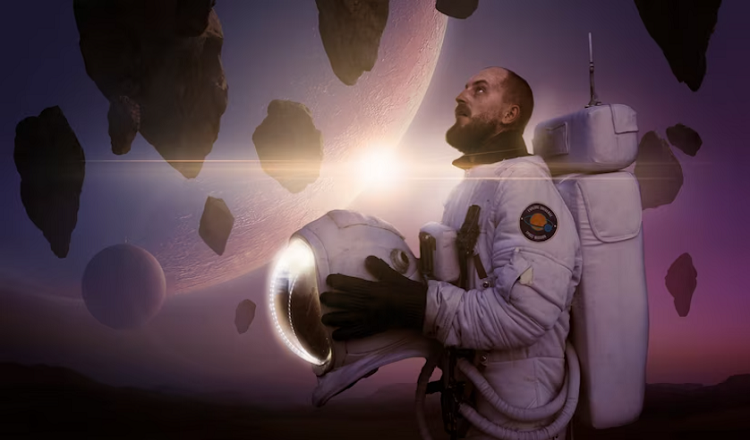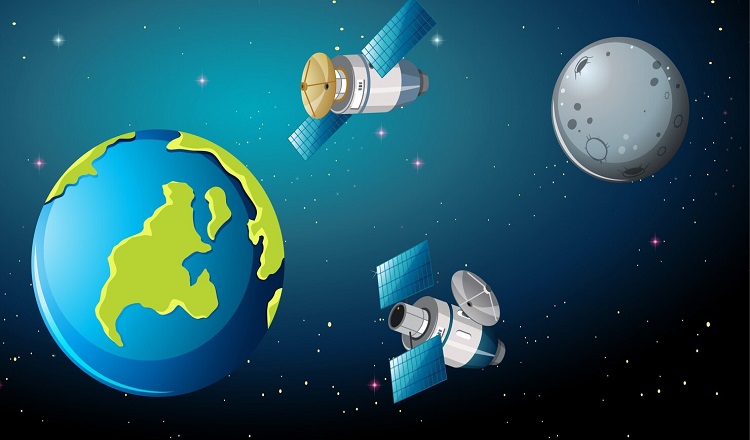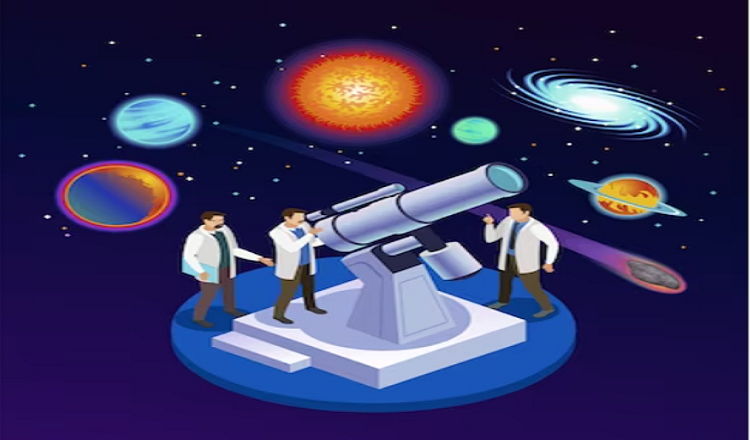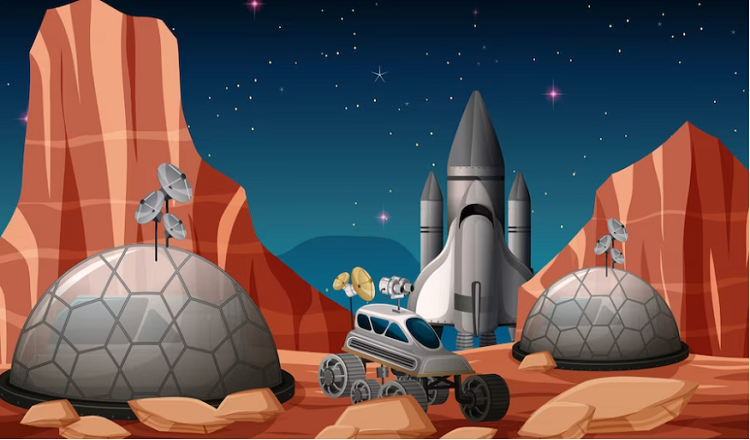The agency known as the National Aeronautics and Space Administration has long been a leader in scientific research and space exploration. NASA has consistently expanded our understanding of the cosmos, from moon landings to the deployment of rovers on Mars. Additionally, the organisation has recently uncovered some truly ground-breaking discoveries that could influence how space exploration develops in the future.
We’ll be looking more closely at the most recent NASA findings and what they signify for the future in this blog article. We’ll discuss a wide range of subjects, including the study of exoplanets, asteroid deflection, space telescopes, Mars missions, and climate change. Each of these topics is an important area of interest for NASA, and the findings they’ve produced are advancing our knowledge of the universe we live in. But it’s not all serious business; we’ll also sprinkle in a little humour to keep the conversation light and interesting.
So, whether you’re interested in space exploration, science, or are just inquisitive about the most recent NASA findings, this blog post has something for you. As we study the most recent findings from one of the world’s most intriguing and innovative organisations, buckle up and prepare to take off into space.
Initial Finding: Exoplanet Investigation
Exoplanet exploration by NASA has produced a number of recent findings that have fundamentally altered our knowledge of the cosmos. Exoplanets, which are planets that are found outside of our solar system, have created new opportunities for space exploration and study. NASA has discovered thousands of exoplanets with the aid of sophisticated telescopes and other technology, many of which resemble Earth in some ways.
These discoveries are important because they give us a glimpse of the possibility of life on planets other than our own. Exoplanet research can help scientists learn more about the conditions needed for life to exist and may perhaps lead to the discovery of extraterrestrial life. Exoplanet research can also aid in our understanding of the creation and development of our own solar system. We may anticipate even more exciting advancements in our knowledge of the cosmos and our role in it as NASA continues to make new discoveries in the area of exoplanet study.
Discovery 2: Deflection of an asteroid
The focus of the most recent asteroid deflection research by NASA has been on locating and investigating potentially dangerous asteroids that could endanger Earth. If one of these asteroids strikes our planet, it might result in severe destruction and a great loss of life. NASA is working hard to find ways to divert these asteroids from the Earth’s course.
It is essential to deflect asteroids in order to protect life on Earth from potentially catastrophic consequences. NASA is attempting to make sure that we are ready in the event of an asteroid impact by researching these asteroids and creating efficient deflection techniques. The most effective strategies to safeguard ourselves are becoming more and more clear to us as a result of these most recent breakthroughs in asteroid deflection. We can improve our odds of fending off asteroids and preserving our planet for future generations by conducting more research and development.
Space telescopes, the third discovery
We now have access to images of the universe that have never been possible because to NASA’s most recent space telescope discoveries. Space telescopes are made to collect data and photos without interference from the Earth’s atmosphere. They can now accurately and in great detail observe faraway galaxies, stars, and other celestial bodies because to this.
In order to understand the cosmos and its beginnings more fully, scientists rely heavily on the data collected by satellite observatories. We are now able to see and investigate phenomena that were previously hidden or challenging to find thanks to these findings. We have also made ground-breaking findings about the nature of dark matter and dark energy, two of the universe’s most enigmatic and elusive elements, thanks to space telescopes. Space telescopes will remain essential to our comprehension of the cosmos and our place within it as long as technology advances.
Discovery 4: Investigation of Mars
The most recent Mars exploration discoveries made by NASA have ushered in a new era of space exploration and study. The “red planet,” often known as Mars, has long been the main target of NASA’s exploration activities. Because it is thought that there formerly existed conditions that were favourable for the existence of life, Mars is of particular interest.
Our knowledge of the planet’s geology, atmosphere, and potential for habitability has considerably grown as a result of the discoveries made during Mars exploration missions. Recent research has shown signs of liquid water and possibly the possibility of microbial life on Mars. These discoveries are significant because they give us valuable information about the prerequisites for life to survive outside of Earth. We may anticipate much more fascinating findings and a better comprehension of the possibilities for life in our solar system as we continue to explore Mars.
Discovery No. 5: Studying Climate Change
The most recent climate change study findings from NASA have provided fresh insight into how human activity affects Earth’s climate. One of the most serious concerns our world is currently dealing with is climate change, and NASA’s study is essential in assisting us in better understanding the intricate interactions between the Earth’s atmosphere, oceans, and land.
Climate change research has revealed that immediate action is required to cut greenhouse gas emissions and lessen the effects of climate change. Rising temperatures and shifting weather patterns are having an impact on ecosystems, wildlife, and human populations all across the world, according to NASA studies. These discoveries are significant because they give us critical knowledge that can guide our deliberations on how to combat climate change and save the world for future generations.
Future Consequences
The most recent discoveries made by NASA will have a big impact on space exploration and study in the future. These findings have improved our knowledge of the universe and our location within it, as well as giving us important new information about the possibility of life existing elsewhere in the universe. Future developments in the study of exoplanets, asteroid deflection, space telescopes, Mars exploration, and climate change studies have a huge potential for new discoveries.
These developments will probably be fueled by ongoing technological improvements and greater funding for space exploration and study. It is impossible to overestimate the significance of these discoveries for how we perceive the universe and our place within it. They have expanded our horizons for investigation and research and deepened our comprehension of the universe. The importance of NASA’s most recent discoveries ultimately resides in the potential they hold to deepen our understanding of the universe and how we fit within it.
Read More You May Like:











